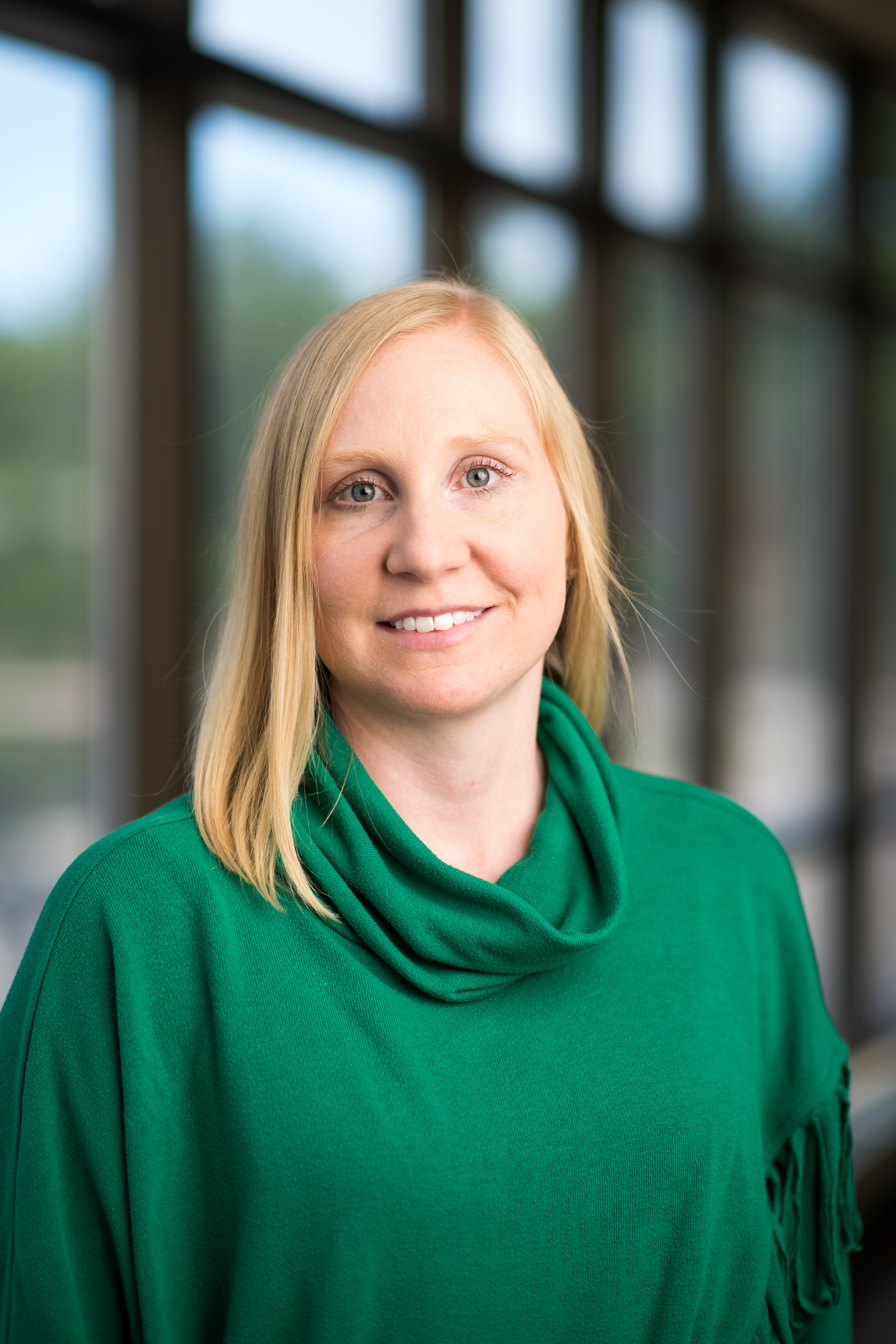Military and Veterans Psychology
Does identity matter? Psychosocial functioning among a sample of Veterans who have experienced military sexual trauma.
(PS6-C75) Does Identity Matter? Psychosocial Functioning Among a Sample of Veterans Who Have Experienced Military Sexual Trauma
- MI
Makenzie Irrgang, M.S.
Clinical Psychology Predoctoral Intern
Ann Arbor Veterans Healthcare System
Ypsilanti, Michigan - MB
Meredith Boyd, M.A.
Graduate Student
University of California Los Angeles
Ann Arbor, Michigan - MF
Michelle Fernando, Ph.D.
Clinical Research Fellow
National Center for PTSD, VA Boston Healthcare System
Boston, Massachusetts 
Lisa M. Valentine, Ph.D.
Clinical Psychologist
Ann Arbor Veterans Healthcare System
Ann Arbor, Michigan- DB
Diana C. Bennett, Ph.D.
Clinical Psychologist
George E. Wahlen Department of Veterans Affairs Medical Center (Salt Lake City VA)
Albuquerque, New Mexico - MS
Minden B. Sexton, Ph.D.
Internship Training Director
Ann Arbor Veterans Healthcare System
Ann Arbor, Michigan
Author(s)
Co-Author(s)
Male and female Veterans who have experienced military sexual trauma (MST) tend to have poorer social, psychological, and physical outcomes compared to civilians and Veterans who have experienced sexual assault outside of military service (Holder et al., 2023; Nichter et al., 2022). Studies have suggested some differences in endorsement of MST and symptom characteristics following MST across ethno-racial, age, sexuality, and gender-related factors (Bovin et al., 2019; Gibson et al., 2019; Grau et al., 2022; Nichter et al., 2022; Sexton et al., 2018). However, investigations into potential diversity-related patterns of functioning are sparse. The present study assessed the differential impact of identity factors and aspects of psychosocial functioning among Veterans seeking mental health treatment associated with experiences of MST. At initial visits, Veterans (N = 170) completed semi-structured clinical interviews and completed the WHO Disability Scale (WHODAS 2.0, Uston et al., 2010) as part of routine clinical care at a Midwestern Veteran’s Healthcare Administration hospital. Sixty-eight percent of Veterans in the sample were female, 59% identified as European American, and 15.7% identified as LGBT. Veterans were on average 43.6 years old. We will evaluate domains of psychosocial functioning (cognition, mobility, self-care, getting along, life activities, and participation in society) and evaluate differential patterns associated with Veterans’ identification of race, age, gender, and sexual identity. Evidence for the differential impact of identity-related factors across psychosocial functioning following MST underscores the importance of assessing salient identity factors and delivering culturally-sensitive trauma-focused care.

